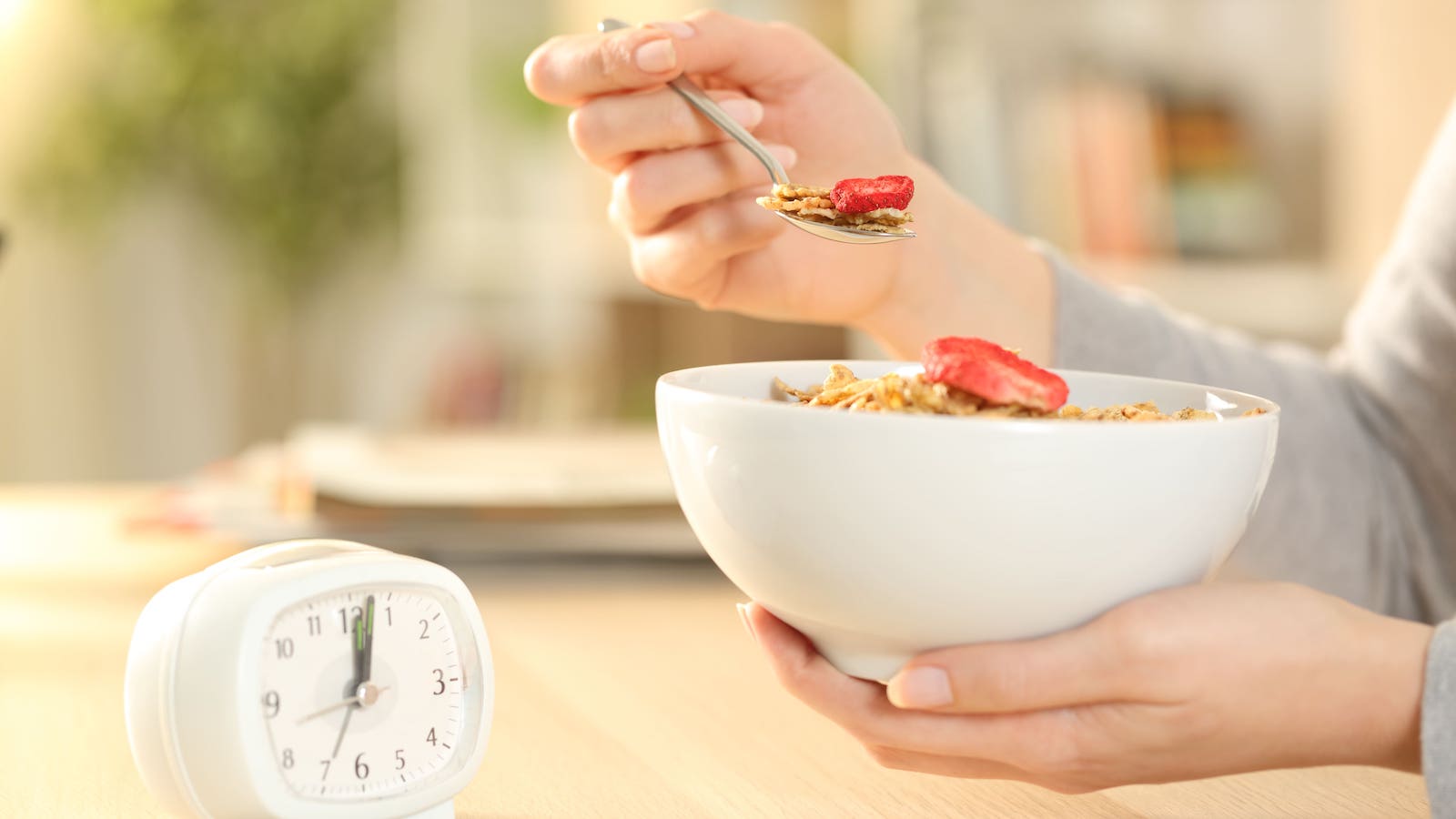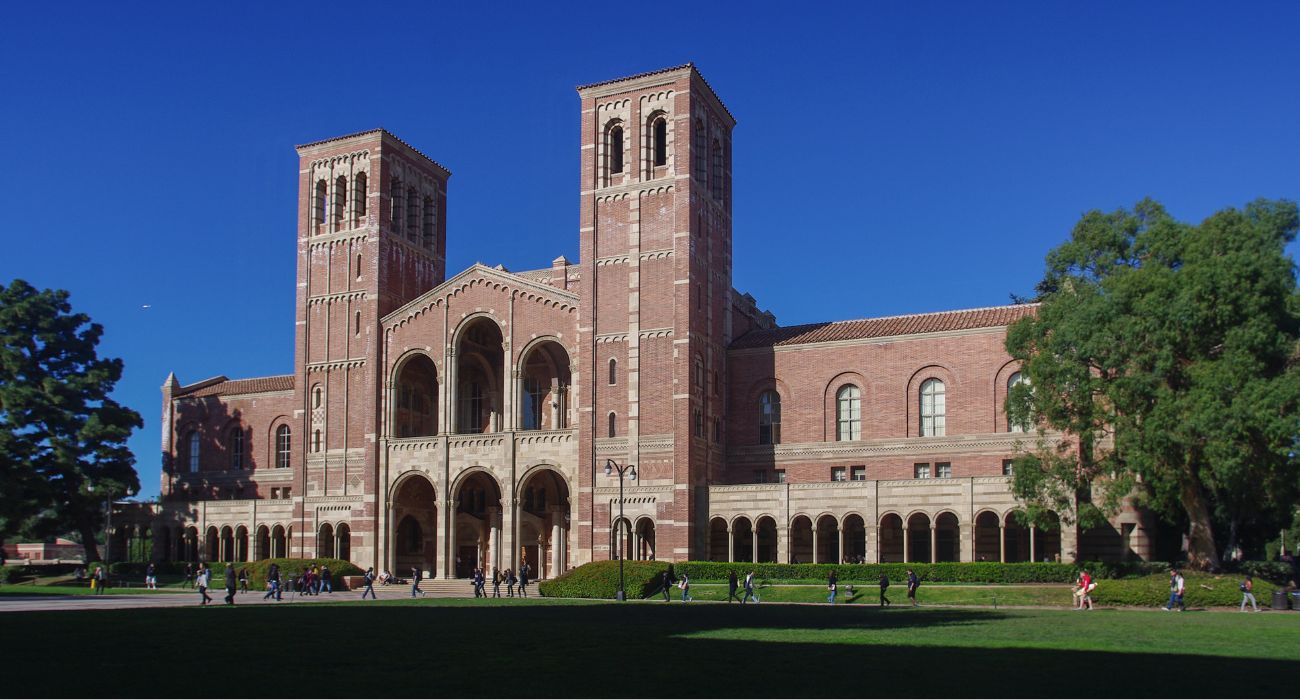New research from two studies has uncovered what many have intuitively assumed for ages: Eating early and in a narrow window of time can help fight obesity.
Findings from Brigham and Women’s Hospital published this week in the journal “Cell Metabolism” showed participants who ate meals four hours later in the day were typically hungrier, burned calories slower, and experienced body changes that promoted fat growth.
The research revealed the benefits of consuming all your calories within a 10-hour window each day.
Late eaters experienced levels of hunger double that of the group that ate early. Delaying eating until later in the day appears to lower levels of the hormone leptin. Leptin inhibits hunger, making disciplined eating easier.
Researchers discovered that firefighters who consumed their daily calories within 10-hour windows exhibited substantially lower levels of bad cholesterol, better mental health, and reduced alcohol intake.
Not only that, people with elevated blood sugar and blood pressure improved significantly with time-restricted eating.
Satchidananda Panda, professor at the Salk Institute for Biological Studies in La Jolla, California, said, “Shift workers with high blood pressure, blood sugar, or cholesterol can benefit from a simple lifestyle intervention called time-restricted eating.”
Panda further clarified, “It’s not a pill, but a healthy habit that can significantly reduce these three risks of disease without any adverse side effects.”
Still, Panda did caution expectant mothers, Type 1 or Type 2 diabetics, and individuals taking prescription medications to consult with their physicians before initiating any time-restricted eating protocol.
Another study, from Scotland’s University of Aberdeen, found the size of the first versus the last meal had little impact on calories burned over a 24-hour period.
Whether participants consumed their largest meal at breakfast or their largest meal at dinner did not seem to matter when it came to the calories ultimately burned.
All that mattered was participants were eating something soon after waking. The size of the meal was inconsequential.
While a larger breakfast didn’t result in more calories burned, it did result in a more controlled appetite compared to backloading calories for the end of the day. For that reason, a big breakfast might be a sound idea.
Both studies suggest that front-loading your calories early in the day and maintaining an eating window of no more than 10 hours can help promote calorie burning and improve health markers like blood pressure.






